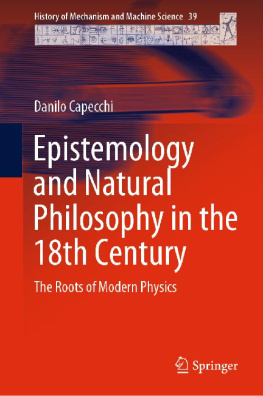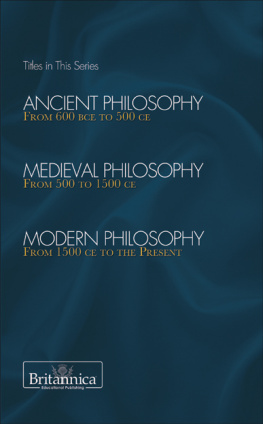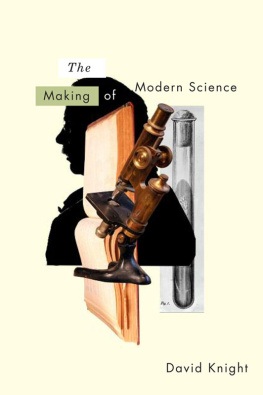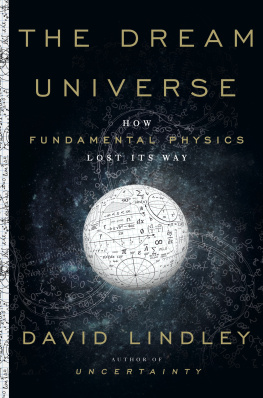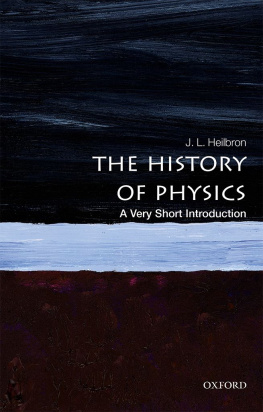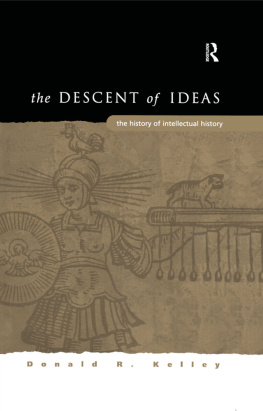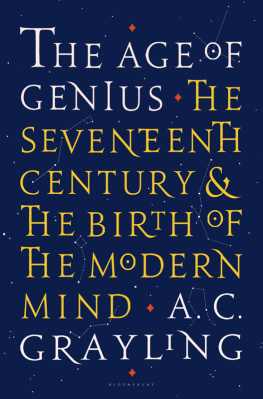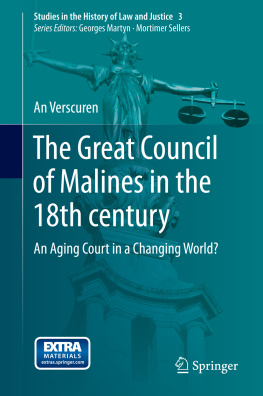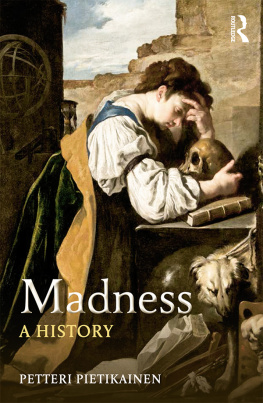Volume 39
History of Mechanism and Machine Science
Series Editor
Marco Ceccarelli
Department of Industrial Engineering, University of Rome Tor Vergata, Rome, Italy
This bookseries establishes a well-defined forum for Monographs and Proceedings on the History of Mechanism and Machine Science (MMS). The series publishes works that give an overview of the historical developments, from the earliest times up to and including the recent past, of MMS in all its technical aspects.
This technical approach is an essential characteristic of the series. By discussing technical details and formulations and even reformulating those in terms of modern formalisms the possibility is created not only to track the historical technical developments but also to use past experiences in technical teaching and research today. In order to do so, the emphasis must be on technical aspects rather than a purely historical focus, although the latter has its place too.
Furthermore, the series will consider the republication of out-of-print older works with English translation and comments.
The book series is intended to collect technical views on historical developments of the broad field of MMS in a unique frame that can be seen in its totality as an Encyclopaedia of the History of MMS but with the additional purpose of archiving and teaching the History of MMS. Therefore. the book series is intended not only for researchers of the History of Engineering but also for professionals and students who are interested in obtaining a clear perspective of the past for their future technical works. The books will be written in general by engineers but not only for engineers. The series is promoted under the auspices of International Federation for the Promotion of Mechanism and Machine Science (IFToMM).
Prospective authors and editors can contact Mr. Pierpaolo Riva (publishing editor, Springer) at: pierpaolo.riva@springer.com
Indexed by SCOPUS and Google Scholar.
More information about this series at http://www.springer.com/series/7481
Danilo Capecchi
Epistemology and Natural Philosophy in the 18th Century
The Roots of Modern Physics
1st ed. 2021
Danilo Capecchi
Ingegneria Strutturale e Geotecnica, Sapienza Universit di Roma, Roma, Italy
ISSN 1875-3442 e-ISSN 1875-3426
History of Mechanism and Machine Science
ISBN 978-3-030-52851-5 e-ISBN 978-3-030-52852-2
https://doi.org/10.1007/978-3-030-52852-2
Springer Nature Switzerland AG 2021
This work is subject to copyright. All rights are reserved by the Publisher, whether the whole or part of the material is concerned, specifically the rights of translation, reprinting, reuse of illustrations, recitation, broadcasting, reproduction on microfilms or in any other physical way, and transmission or information storage and retrieval, electronic adaptation, computer software, or by similar or dissimilar methodology now known or hereafter developed.
The use of general descriptive names, registered names, trademarks, service marks, etc. in this publication does not imply, even in the absence of a specific statement, that such names are exempt from the relevant protective laws and regulations and therefore free for general use.
The publisher, the authors and the editors are safe to assume that the advice and information in this book are believed to be true and accurate at the date of publication. Neither the publisher nor the authors or the editors give a warranty, expressed or implied, with respect to the material contained herein or for any errors or omissions that may have been made. The publisher remains neutral with regard to jurisdictional claims in published maps and institutional affiliations.
This Springer imprint is published by the registered company Springer Nature Switzerland AG
The registered company address is: Gewerbestrasse 11, 6330 Cham, Switzerland
To my wife
Preface
At the beginning of the modern era, what is now called science was spread out among various disciplines: theology, handcrafts, magic, alchemy, astrology, medicine, natural philosophy, and mixed mathematics (that is optics, astronomy, mechanics, music, etc). In the 18th century, these disciplines had already broken up and became recomposed into an organization of science of the natural world that was similar to the modern one. The most important transformation was that affecting natural philosophy, which was considered, at least in the academic world, the most noble and by far the most important form of knowledge. It ceased to be a philosophy in the canonical sense, merging with other forms of knowledge and giving raise to disciplines such as physics, natural history, chemistry, medicine, and engineering, names which, while not initially fully shared, were established in the 19th century and are still used today. The new philosophers of nature were no longer canonical philosophers, although they continued to think about philosophy. They were rather mathematicians in the broad sense, namely, scholars who were interested in more than just pure mathematics. In some cases, this is particularly true for the new branches of physics such as electricity and magnetism, and they were also simply educated gentlemen, gifted with intelligence and curiosity.
The present book aims to document this process of transformation, concentrating on the 18th century, a century that in the past had been considered uninteresting for the history of science. It would represent the transition from the age of genius and the birth of modern science, in the 17th century, to the age of prodigious development, in the 19th century. This view does not stand up to thorough analysis. The 18th century, the century of Enlightenment and reason, as will be clear from the present book, was rather a century of great ferment and novelty.
To make the narrative practicable for a single individual, no great emphasis has been placed on the precise genesis of the various concepts and methods developed in scientific enterprises, except when this was necessary to make them clear. I have been content to take snapshots of situations by taking a look at discrete intervals of time. In several situations, reference is made to the authors who are famous today, such as Newton, the Bernoullis, Euler, dAlembert, Lagrange, Lambert, Volta, etc. Not so much because they were the most creative and original minds, but mainly because their writings represent a synthesis of contemporary and previous studies. The above names should, therefore, be considered more labels of a period than references to real historical characters. The history of science was not made up of isolated heroes, but by an entire community and its legacy, by teachers, anonymous collaborators of celebrities, playing this role often only as a result of their social status. It is true that in the 18th century scientific research was carried out by a handful of scholars; though small, it was still an army, however, whose generals are only representative of the victories carried out by the soldiers. Referring only to the great characters of science has in any case an advantage that there is no need entering the merits of their acquisitions because well documented by historians, thus leaving room for other aspects.
This book intends to answer these three fundamental questions:
Was the transformation of ancient natural philosophy into (modern) science due to an internal evolution or an external appropriation?
What was the role of mechanical and experimental philosophies in this transformation?

